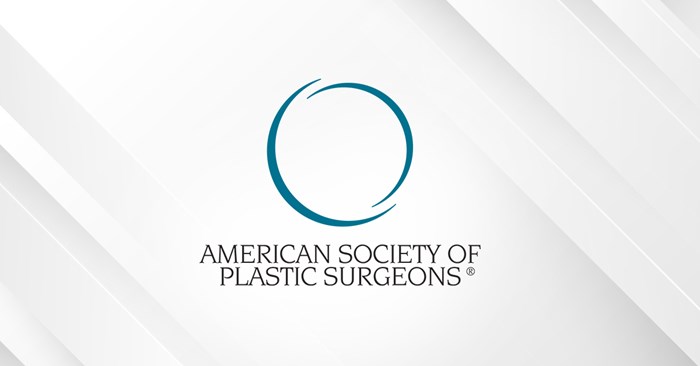CMS to maintain S-codes for autologous breast reconstruction

In a major step forward in the effort to preserve access to microsurgical breast reconstruction, the Centers for Medicare and Medicaid Services announced on August 21 that it has decided to maintain HCPCS Level II codes S2066, S2067 and S2068 (covering DIEP, GAP and SIEA flaps).
The decision to maintain the codes, which had previously been slated to be sunset on Dec. 31, 2024, came after a public meeting in which CMS reconsidered its decision to eliminate the S-codes. CMS stated it held the meeting because it "received correspondence from multiple parties that there are significant transition complexities and that the transition may be affecting access to care."
The agency pulled from ASPS's written comments to capture the core concern in public feedback, directly quoting the Society's statement that "the private insurance industry is treating the sunset of the S-codes as an opportunity to reclassify microsurgical breast reconstruction as a lower-level procedure. There should be no difference between payers' internal value for the procedure variations covered under S2066-68 and their value for CPT® 19364 with the transition in coding. The same perforator flap techniques are covered under both types of code. The clinical resources and level of surgical skill required do not change simply because the procedure is described with a different code."
The meeting to reconsider discontinuing the S-codes saw participation from across the community of stakeholders invested in this issue, including ASPS President Greg Greco, DO, FACS, a number of ASPS member surgeons who provide microsurgical breast reconstruction, and patients who received autologous reconstruction. The universal sentiment shared with CMS was that microsurgical autologous breast reconstruction is an essential post-mastectomy option and that maintaining the S-codes is central to ensuring continued access to this procedure. ASPS is extremely grateful that the Agency was receptive to these concerns and responsive to the needs of the patients and providers the Agency serves.
ASPS will continue to fight to maintain and expand the availability of advanced perforator flap reconstruction techniques and will remain vigilant in the face of efforts to inappropriately treat those techniques as less complex and less valuable than they actually are.